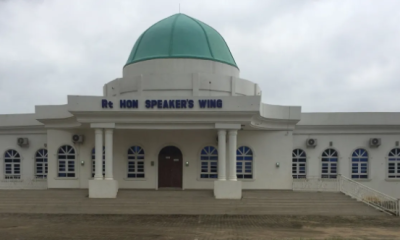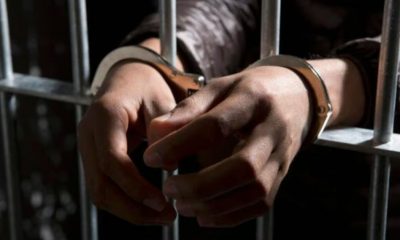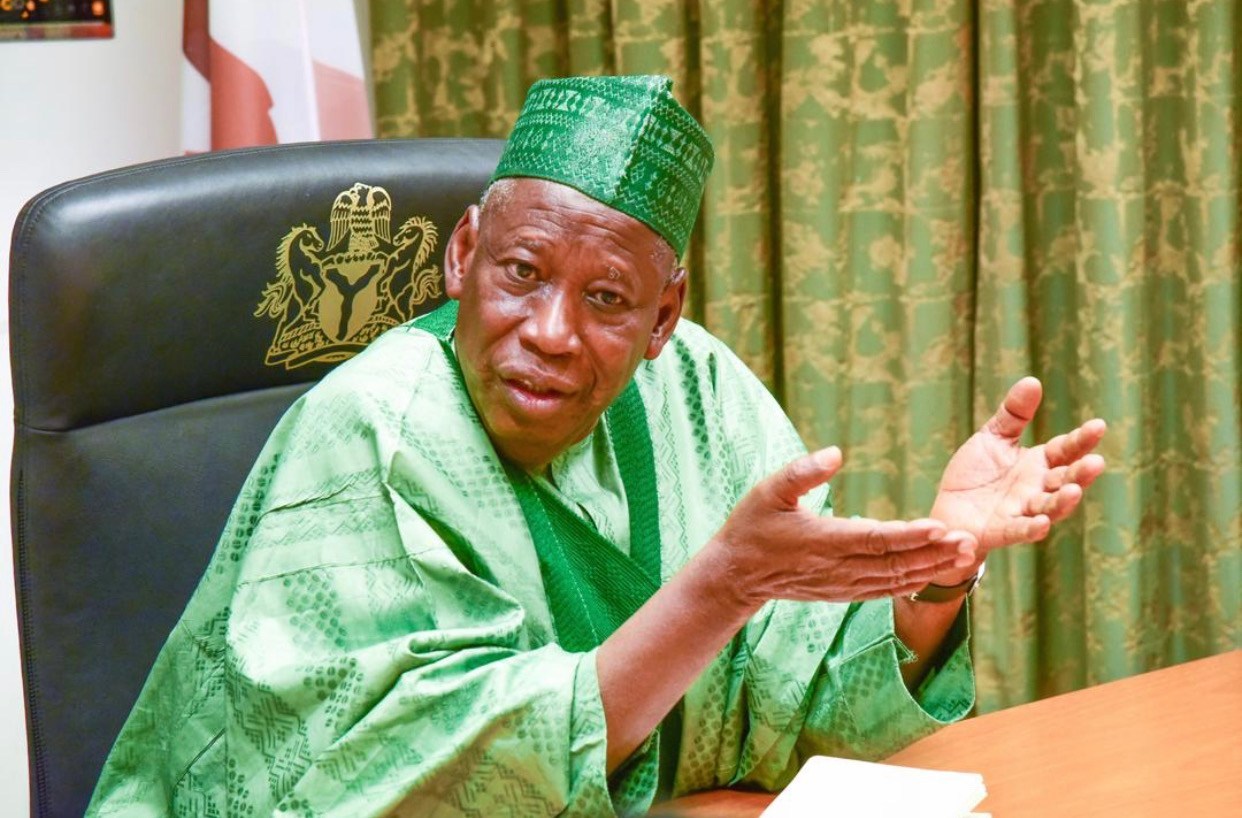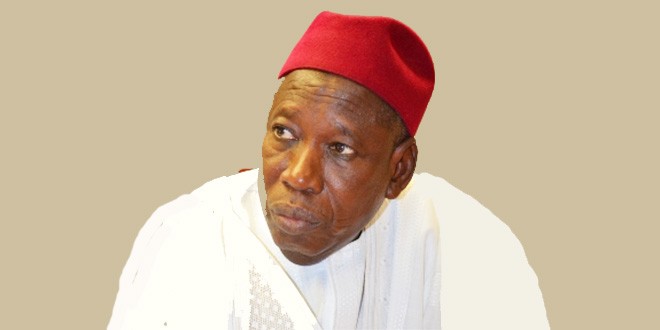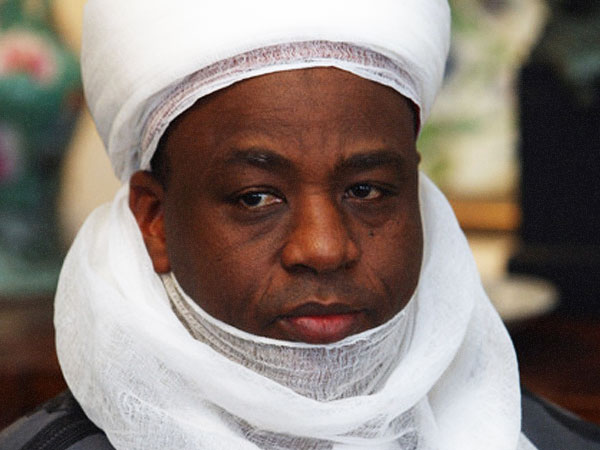• Capital expenditure takes 70 per cent appropriation
GOVERNOR Abdullahi Umar Ganduje of Kano State has signed the State’s 2016 Appropriation Bill into law with a guarantee that its implementation would commence immediately.
The budget which he tagged “A Peoples Budget for Self Reliance”, is in the tune of N274, 329, 787, 410, with 70 percent of it devoted to capital expenditure while 30 percent was set aside for recurrent expenses.
Shortly after signing the bill, the governor stated that “it reflects the vision of the administration for diversification of the state’s revenue with a view to lay a solid foundation for the pursuit of its development objectives”.
Governor Ganduje explained that although the budget is coming at a trying period in the governance of the state, the state Internal Revenue Service and its technical partners have convinced the state executive and legislature that with political commitment, the set target would be achieved.
The governor expressed happiness that the budget was subjected to public hearing, saying so far, no state in the federation has allowed the public to directly make input in its budget. This claim by the governor is debatable, as Kaduna subjected its own budget to public scrutiny as well, even though in Kaduna’s case, it was done by the executive before the estimate was sent to the assembly, whereas in Kano, it was done by the state assembly.
He assured that the government would create enabling environment for the state legislature to do its oversight functions while implementing the budget, stressing that the legislators are free to visit any government Ministry or agency and examine transactions for accountability and transparency.
The Speaker, Kano State House of Assembly, Right Honourable Kabiru Alasan Rurum, told the governor that the Assembly conducted public hearing on the budget to allow the people to be directly involved the governance.
He appealed to citizens of the state to rally round the Ganduje administration to enable it significantly execute the budget despite the prevailing harsh economic condition in the country.

 Football6 days ago
Football6 days ago
 Entertainment5 days ago
Entertainment5 days ago
 Football7 days ago
Football7 days ago
 Business4 days ago
Business4 days ago
 Football7 days ago
Football7 days ago
 Football5 days ago
Football5 days ago
 Crime6 days ago
Crime6 days ago
 Football6 days ago
Football6 days ago


